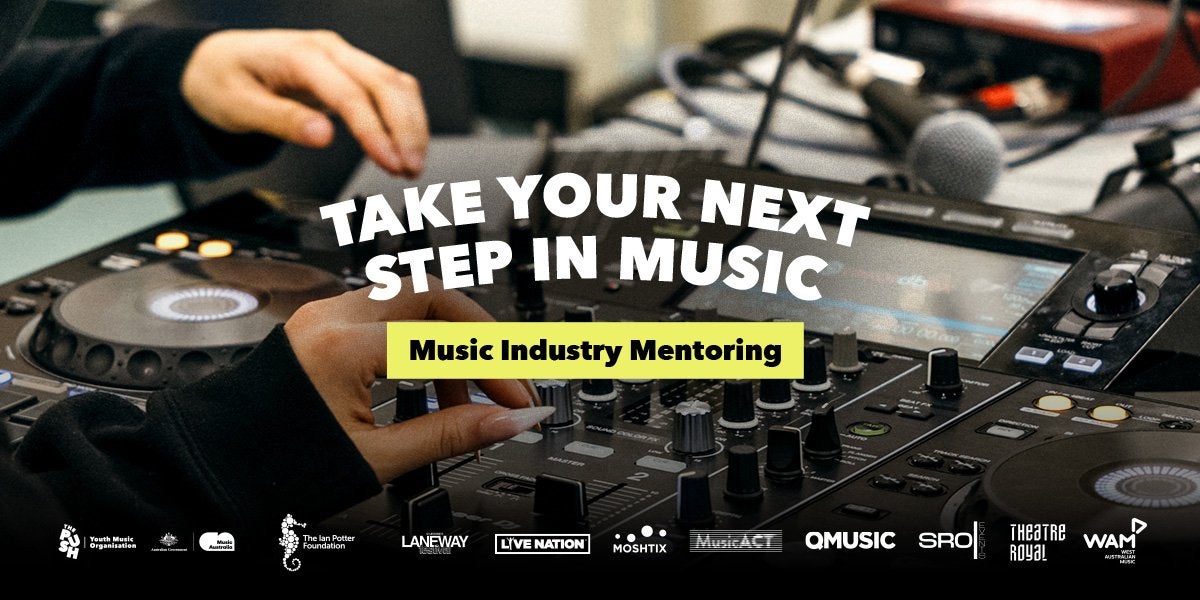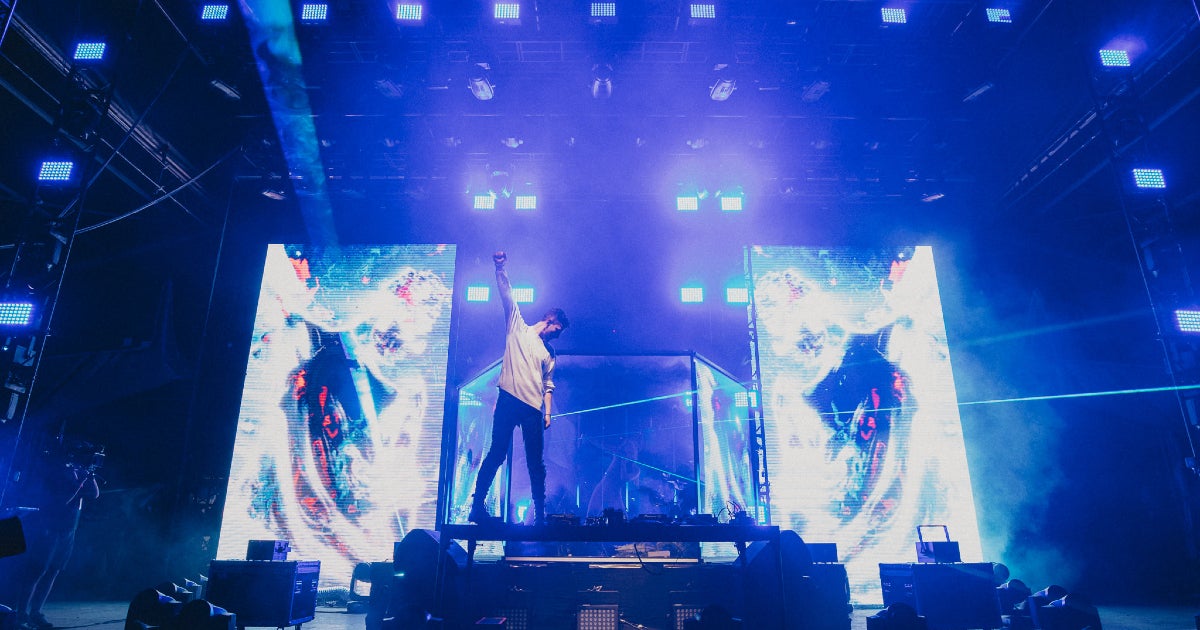Anthony Bourdain made the world a richer, more exciting place

When CNN confirmed Anthony Bourdain’s death on June 8 it registered as an almighty shock. Widely loved around the world for his multiple award-winning television series and his conversation generating books, Bourdain’s fans tended to regard him as a close friend. He was that edgy and intelligent companion who influenced our lifestyle choices, bent our curiosity and invariably showed us a bloody good time.
Bourdain died at the age of 61, which also came as a surprise. No, he wasn’t blessed with an unblemished youthful visage – he carried a head of grey hair for the majority of his TV career – but 61 felt painfully soon. Of course, no one can accurately comment on what it felt like to be Anthony Bourdain, but from the outside he always appeared radiantly alive.
Watch Anthony Bourdain dine with Barack Obama:
It’s staggering to think then that his ascent from greasy obscurity cooking in NYC’s Brasserie Les Halles to being called the “best-known celebrity in America” by the New Yorker’s Helen Rosner all occurred after the age of 40. If ever there was a poster boy for the possibilities that await on the other side of 40, it was Bourdain.
Celebrity chef was never an accurate title for the New York native, nor was culinary bad boy, as both unfairly undercut the scale and artistic merit of what Bourdain achieved. He preferred the term essayist, and his project was beguilingly straightforward.
“We ask very simple questions,” Bourdain said when accepting a Peabody award for Parts Unknown in 2013. “What makes you happy? What do you eat? What do you like to cook? And everywhere in the world we go and ask these very simple questions, we tend to get some really astonishing answers.”
Not only was he a gifted presenter, but he was also the writer and co-producer of his two definitive series, Parts Unknown (2013-2018) and No Reservations (2005-2012). His craft, both in front of and behind the camera, kept evolving all the way up to his untimely death (which was reported as suicide). The 11th and most recent season of the multi-Emmy winning Parts Unknown contains some of his richest insights and comprehensively entertaining sequences of his career to date.
Watch Anthony Bourdain talk food trends:
Episode two, set in and around the Uruguayan capital of Montevideo, depicts a man brimming with enthusiasm for the South American country and the chefs, musicians, filmmakers, fisherpeople and other residents he meets there. It exemplifies one of Bourdain’s foremost distinctions – by immersing himself in local customs and showing a genuine interest in everyone he encounters, he explicates what home means to the local population and unpacks the decidedly understated things that regularly bring them joy.
Bourdain’s shows made for riveting viewing, but he wasn’t inclined to crudely gloss over darker, more corrupt aspects of the world he explored. This is especially true in episodes focusing on the US opioid crisis and post-Brexit London, as well as scenes depicting the impacts of Colonialism in Sri Lanka and the Caribbean; increasing government regulation in Singapore and Hong Kong; and the aftershocks of American imperialism in Laos and Vietnam.
His brilliance, however, was in dispelling narrow-minded presumptions about everyday life in disadvantaged or compromised places. Whether in Gaza or Belfast, Libya or Detroit, Bourdain dismantled myths of pervasive deprivation and hopeless struggle by showcasing the resilience and vigour of the human spirit.
Watch Anthony Bourdain hang at Waffle House:
No Reservations and Parts Unknown are both supremely addictive and the nascent A Cook’s Tour (’02-‘03) and somewhat contrived The Layover (‘11-‘13) are also immensely watchable. There is indeed a lot of eating and drinking, plus weed smoking when local jurisdiction permits. There are gruesome scenes of animal slaughter, regular visits to live music venues and frequent jibes at vegetarianism, hipsters and the Kardashians.
But even on the rare occasions when you find yourself disagreeing with or questioning Bourdain’s stance, the implicit trust and respect for the man remains fully in tact. After turning 40, Bourdain cultivated a life and legacy that’s impossible not to envy. I wanted to be him – I still do – and failing that, I wanted to meet him and try, in vain, to convince him of the virtues of veganism or just talk about books and music. The majority of his fanbase harboured similar such fantasies – he was a unique kind of public figure for how close he seemed; how tangible.
His death is a great loss, but his work survives and it serves as an enormous advertisement for pursuing a fuller and more curious existence. It’s easy to feel a long from anywhere living in Australia, and our isolation can provoke some pretty unsavoury attitudes towards the rest of the world. Although Bourdain’s TV shows specifically targeted an American audience, his fundamental mission statement is universally applicable.
“If I’m an advocate for anything, it’s to move,” he said. “As far as you can, as much as you can, across the ocean, or simply across the river. The extent to which you can walk in someone else’s shoes or at least eat their food, it’s a plus for everybody.”
If you or someone you know is in need of help, contact Lifeline on 13 11 14.
The article was originally published on Brag Magazine




.jpg)